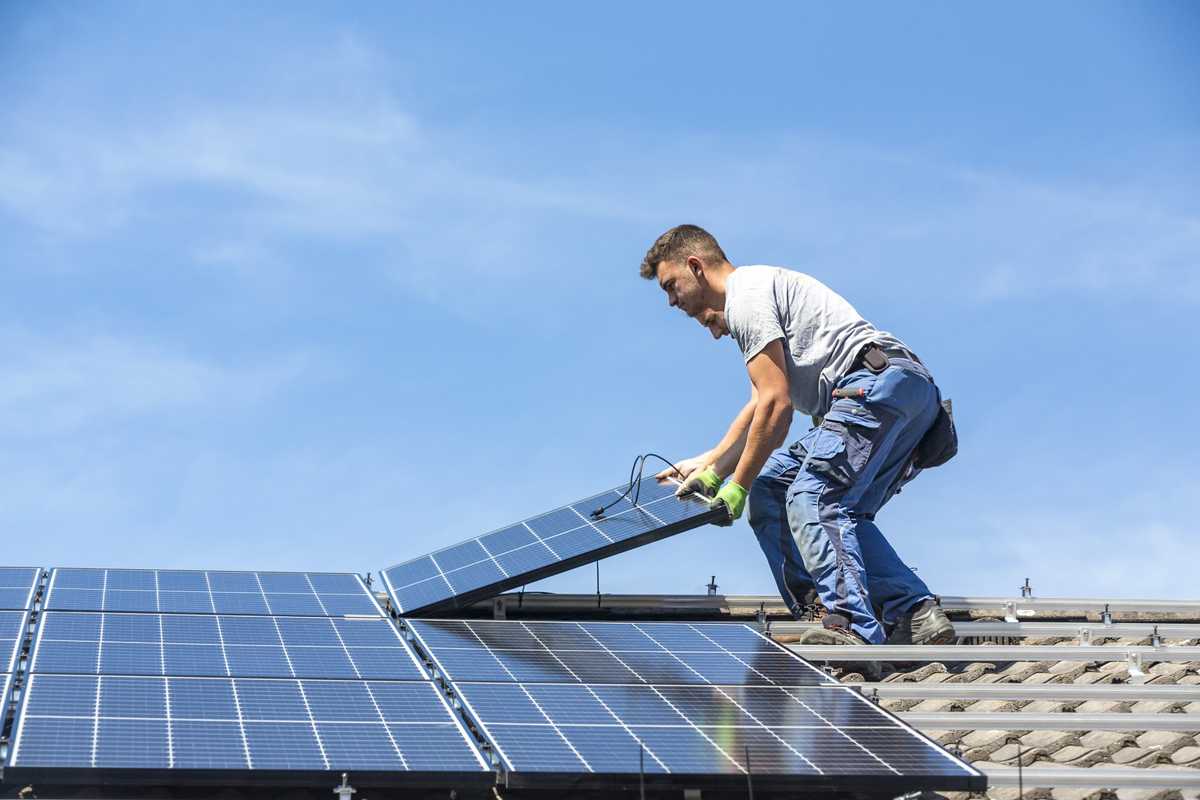If you are among the chosen few who consider solar energy as a source of electricity, that is commendable. It only means that you care about your conserving energy, carbon footprint, and the environment. However, not all homes are suitable for solar panels. So, before jumping on the bandwagon, take note of these things.
The following elements will help you determine whether your property is suited for a solar panel:
Location
Solar panels might not be the best choice for you if your house is in a place with little sun exposure or with extended stretches of cloudy or dark weather throughout the year. Is the place where you reside often sunny or cloudy? Finding out how much sunshine your home receives during the day can help you decide if solar energy is a viable option for your household’s energy needs.
Roof Orientation
Ideally, your roof will face the sun for most of the day. While south-facing roofs are often ideal for solar panels, east or west-facing roofs can also be effective. Solar panels may be positioned at the ideal angle on flat roofs.
Roof Size
You need a roof big enough to hold as many solar panels as you need to supply your energy requirements. The size of your solar panel system will depend on several elements, including your budget, roof space, and power use. In general, 100 square feet of roof space are required for every kilowatt (kW) of solar energy.
Roof Construction
You need a roof that can sustain solar panel installation and weight. Asphalt shingles, metal, and tiles are the most typical types of roof materials for solar panels. However, some roofing materials, such as slate, wood, or clay, can need specific mounting or drilling.
The State of the Roof
You need a roof that will survive as long as your solar panel installation. Before installing solar panels, make sure your roof is in good condition and does not require any repairs or replacements because the lifespan of a solar panel system is around 25 to 30 years.
Shade
To prevent your solar output from being decreased, you want a roof that can avoid any shade from trees, structures, or other impediments. Your solar panels’ performance and efficiency might be negatively impacted by shading, which can also result in damage or overheating. Here’s how to determine if your home is suitable for solar panels.




